What to plant in late summer?
katscountrycritters
10 years ago
Related Stories
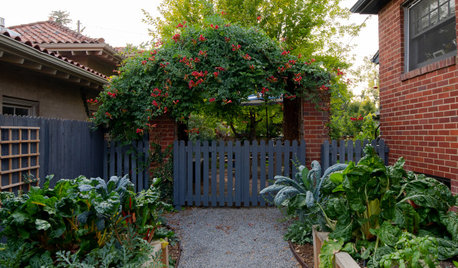
GARDENING GUIDES12 Edibles Perfect to Plant in Late Summer
Keep those homegrown vegetables and greens coming well into fall
Full Story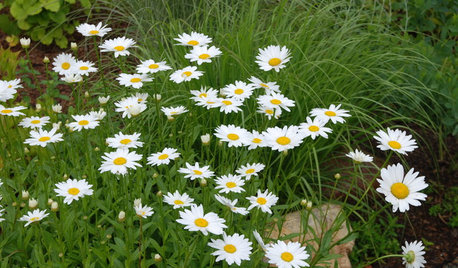
FLOWERSBest Cutting-Garden Beauties for Late Summer
Pick blooms bursting with color or in classic white for bouquets to give away or keep all to yourself
Full Story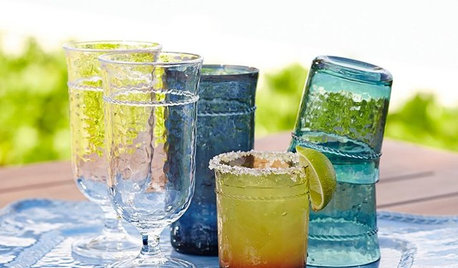
PRODUCT PICKSGuest Picks: Host a Late-Summer Soiree
Have a beachy but elegant summer fling with serveware, glasses and accessories that nod to nautical
Full Story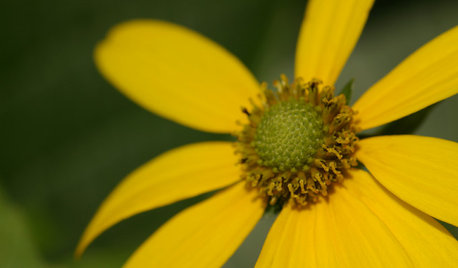
FLOWERS AND PLANTSRudbeckia Laciniata Enlivens Late-Season Shady and Sunny Sites
Give long-blooming, towering cutleaf coneflower room to spread in U.S. gardens for maximum rewards
Full Story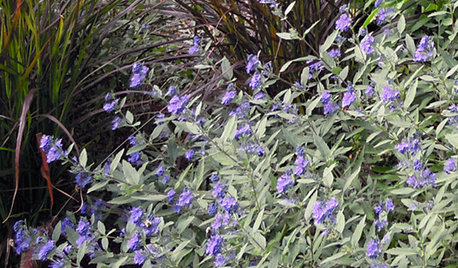
SHRUBS5 Glorious Late-Season Shrubs
Spilling over with berries or bursting with blooms, these stunning underused shrubs keep the garden party going through fall
Full Story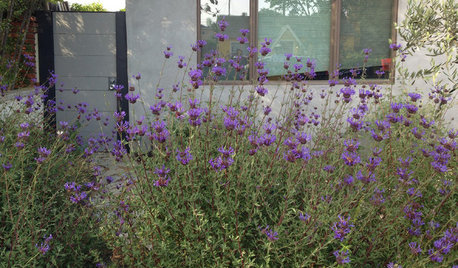
GARDENING GUIDES10 Late-Winter and Early-Spring Bloomers for the West
Tired of waiting for spring to arrive? Try these drought-tolerant, flowering plants for color that starts in late winter
Full Story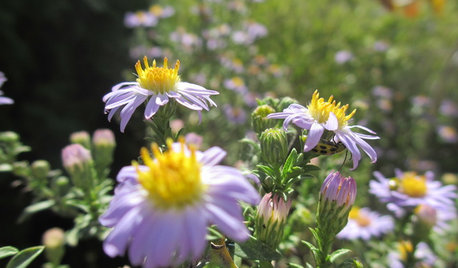
NATIVE PLANTSPlant These Fall-Flowering Natives in Early Summer for Pollinator Love
These 3 groups of plants will support masses of beneficial insects come autumn
Full Story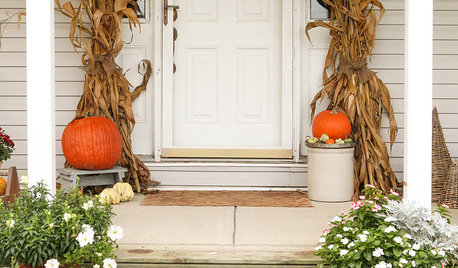
FALL AND THANKSGIVINGIt's Not Too Late to Decorate: Minimalist Fall Decor
No need to go all-out with autumn decorations. Nod to the season with just a few well-placed pumpkins and flowers
Full Story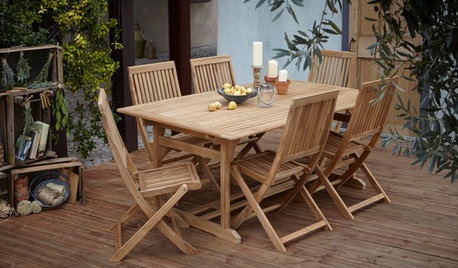
SHOP HOUZZShop Houzz: Host a Late-Summer Harvest Party
The end of summer is the perfect excuse for an alfresco dinner party
Full Story0
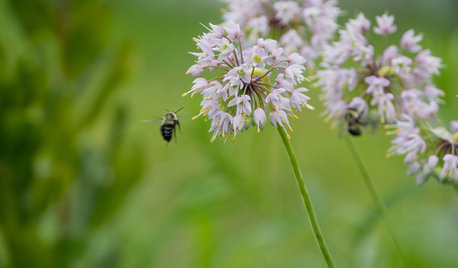
GARDENING GUIDES9 Clay-Busting Native Flowers for Summer Sun
These plants survive and even thrive in tough clay soil east of the Rocky Mountains
Full Story






vgkg Z-7 Va
Donna
Related Professionals
Reading Landscape Architects & Landscape Designers · Bellflower Landscape Architects & Landscape Designers · Elwood Landscape Architects & Landscape Designers · Essex Landscape Architects & Landscape Designers · North New Hyde Park Landscape Architects & Landscape Designers · Severn Landscape Architects & Landscape Designers · East Lake-Orient Park Landscape Contractors · Englewood Landscape Contractors · Fort Atkinson Landscape Contractors · Las Vegas Landscape Contractors · Lynn Landscape Contractors · San Carlos Park Landscape Contractors · Thornton Landscape Contractors · 07920 Landscape Contractors · Anaheim Driveway Installation & Maintenancezzackey
defrost49
planatus
vgkg Z-7 Va
bart1